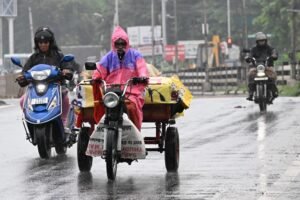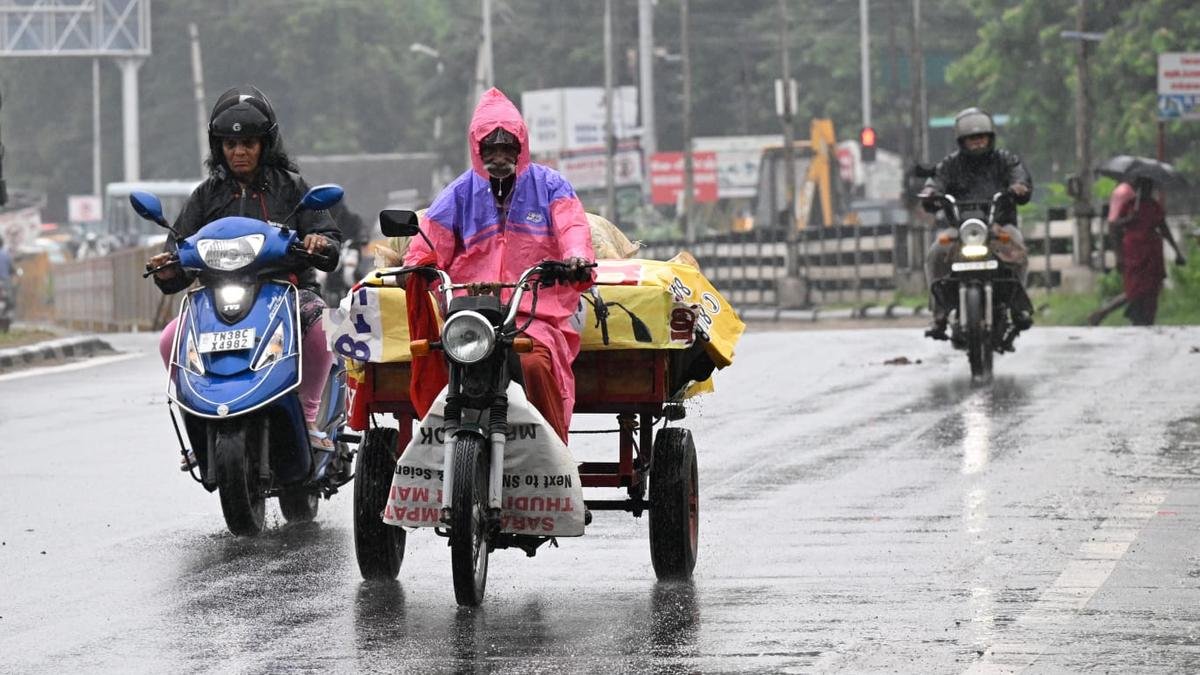Delhi Air Pollution: Avoid Early Morning Walks, Opt for These Timings Instead, Says Top Doctor

Dr GC Khilnani, Chairman of Pulmonary, Critical Care and Sleep Medicine at PSRI Hospital has urged Delhi-NCR residents to avoid early morning and evening walks as the air quality worsens. He instead recommends a time slot after sunrise
Amidst the rampant stubble burning in neighboring states, the air quality in Delhi-NCR is on a decline, triggering a surge in respiratory problems among residents just days ahead of the Diwali festivities. Hospitals are grappling with an influx of individuals presenting with coughs and respiratory ailments associated with the prevalent pollution.
Residents are being urged by medical experts to steer clear of outdoor activities, such as morning and evening strolls, until pollution levels diminish and air quality shows signs of enhancement.
Is It Time to Bid Farewell to Your Morning Walks?
Dr. GC Khilnani, the head of Pulmonary, Critical Care, and Sleep Medicine at PSRI Hospital in New Delhi, has advised residents of Delhi-NCR to refrain from venturing outdoors, particularly during the morning and evening hours, in order to minimize the health hazards associated with the contaminated air.
According to Dr. Khilnani, particulate matter tends to settle near the ground in the early hours of the morning when there is little to no wind. Consequently, individuals engaging in early morning walks may unknowingly breathe in highly concentrated pollution instead of the expected fresh air. Furthermore, the enhanced need for oxygen during morning physical activities prompts individuals to take deeper breaths, inadvertently resulting in a higher intake of pollutants. This influx of harmful particles and carbon can infiltrate the lungs and bloodstream, thereby presenting considerable health hazards.
Is it Feasible to Take Evening Strolls?
Avoiding evening strolls is also recommended by Dr. Khilnani due to the decrease in temperatures at night, causing the pollution layer to settle close to the ground once more. This results in the creation of smog post 6-7 PM, containing a significant amount of pollutants and dust. Consequently, taking walks in the evening can have adverse effects on your health.
The physician also recommends restricting time spent outdoors and ensuring doors and windows are shut in the early morning and evening.
Consider taking your daily walks after sunrise to minimize exposure to pollution, as suggested by Dr. Khilnani. The air tends to be cleaner and safer for outdoor activities and exercise between 8-9 AM when sunlight helps disperse the pollutants.
The city experienced a significant drop in air quality on Thursday as the air quality index (AQI) reached the ‘very poor’ level across most areas. By 9am, the AQI stood at 328, enveloping the national capital in a dense layer of smog as reported by the Central Pollution Control Board (CPCB).
The levels of air quality are categorized into four stages: Stage I denoted as ‘Poor’ with AQI ranging from 201 to 300, Stage II termed as ‘Very Poor’ with AQI between 301 and 400, Stage III labeled as ‘Severe’ with AQI from 401 to 450, and Stage IV known as ‘Severe Plus’ with AQI exceeding 450.
On Wednesday and Thursday morning, the Air Quality Index (AQI) in a total of 24 locations in the national capital, such as Dwarka, Rohini, DTU, IGI Airport (T3), ITO, Mundka, Narela, Patparganj, Shadipur, Sonia Vihar, Wazirpur, Alipur, Ashok Vihar, Aya Nagar, Burari, Mandir Marg, Jawaharlal Nehru Stadium, Najafgarh, and Nehru Nagar, was classified as ‘very poor’.
Amid the winter season, Delhi faces a significant pollution problem, attributable to a mix of elements like decreased wind velocity, falling temperatures, elevated moisture levels, and the existence of pollution particles that serve as nuclei for condensation.
Respiratory problems have spiked by 30-40% due to the worsening air quality in the capital city, disproportionately affecting children and the elderly.



 English
English Hindi
Hindi Kannada
Kannada Malayalam
Malayalam Tamil
Tamil Telugu
Telugu












